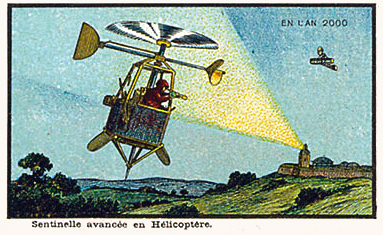“Some ideas are so stupid that only intellectuals believe them.”
- George Orwell
Alas for the best-laid plans of our brightest intellectuals that they should always suffer defeat at the hands of the ignorant. How far humanity might progress if we were not held back by pithy emotional considerations like people marrying who they want to marry!
Enter Professor Ezekiel Harkinson, who has lit upon a general plan for the betterment of humanity. Namely, eugenics. Charles Darwin's half-cousin Francis Galton coined the term itself, and became a proponent of the modern, "scientific" eugenics that became a cause célèbre of 19th century progressives. It might seem a strange, even morbid, compulsion to associate doctrines of selective breeding, genetic screening, forced sterilizations, forced abortions, marriage restrictions, miscegenation laws, and ultimately genocide with progressivism, yet it make sense when considering that the dominating feature of progressive thought and politics is the belief that humanity is morally perfectible through external authoritarian control. With enough restrictions, humanity may achieve a state of grace, justice, equality, security, or whatever the goal may be. So academia, politicians, media, suffragettes, temperance activists, progressive churches, and any thinking intellectual of good conscience saw the potential to eliminate poverty and violence through the breeding out of human "degeneracy." Organizations like the American Eugenics Society and the American Birth Control League (now Planned Parenthood) advocated for and implemented the ideas. The result was state-run forced sterilization programs for physical, mental, and moral "defectives" across the Westernized nations, culminating in the Holocaust. It was largely conservatives who opposed eugenics, like G.K. Chesterton with his 1917 book Eugenics and Other Evils and Pope Pius XI's encyclical Casti connubii.
Lieutenant Henry H. Barkoll, US Navy, offers a more lighthearted and farcical critique of eugenics' shortcomings in his short story Professor Ezekiel Harkinson's Plan. It appears here as it did originally in the March 1891 edition of Cosmopolitan Magazine. Click on each page for a larger version.



























